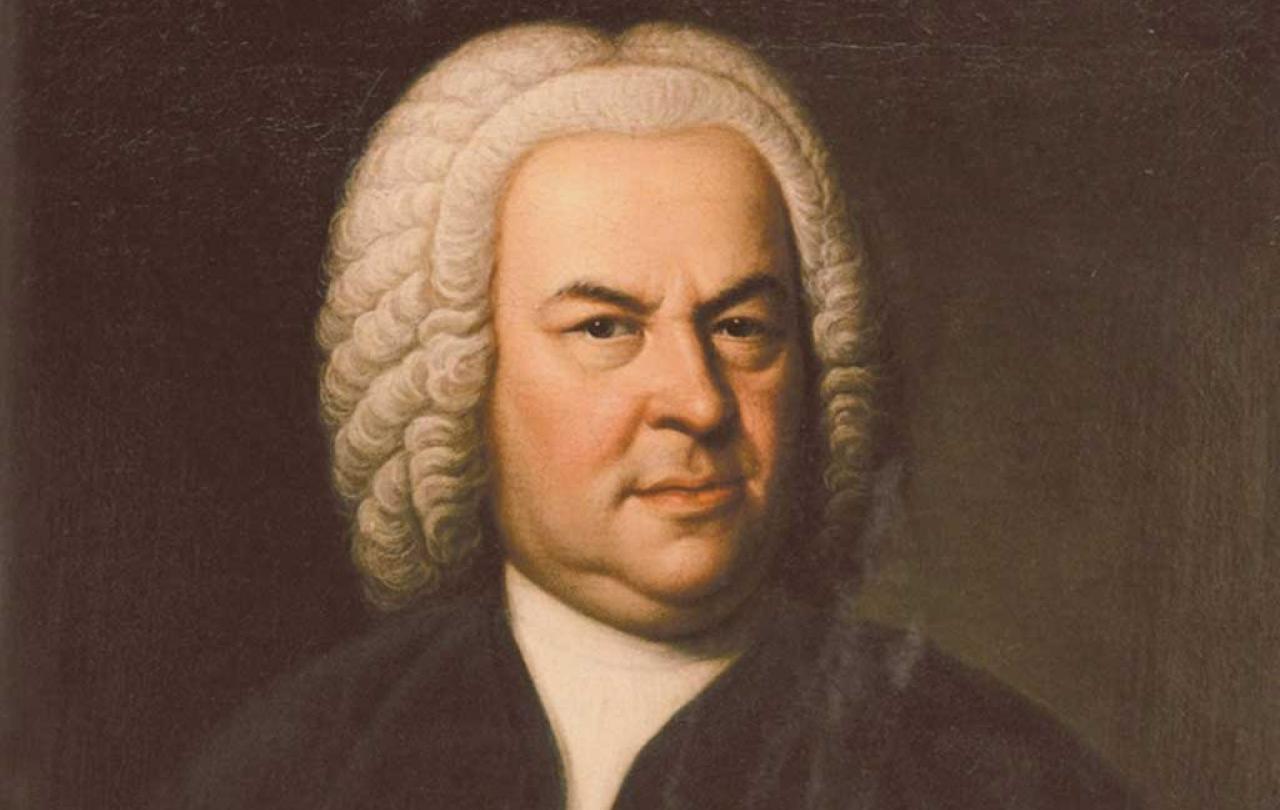About this epiosde
Dive into the timeless legacy of Johann Sebastian Bach and discover how his genius continues to shape modern music.
In this, the latest episode in GodPod’s Visionaries series, Graham Tomlin and Jane Williams, alongside Jeremy Begbie, explore Bach's innovative compositions and their profound influence on contemporary genres, from classical to pop. Join us as we unravel the threads connecting Bach's masterpieces to today's musical landscape, revealing the enduring power of his work and excavating the theology that underpins it.
Whether you're a seasoned musician or a curious listener, this episode offers fresh insights into the genius of Bach and his lasting impact on the world of music and theology.






